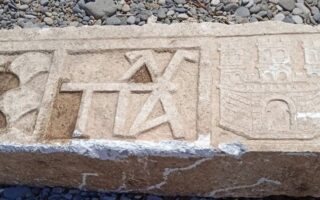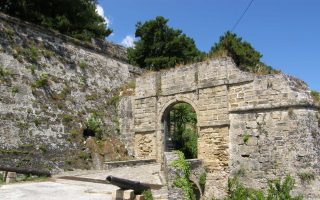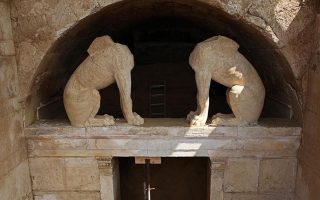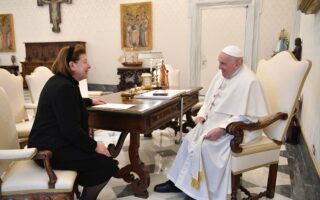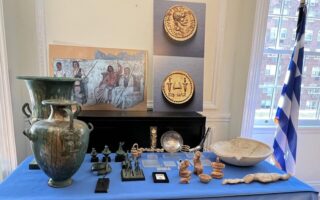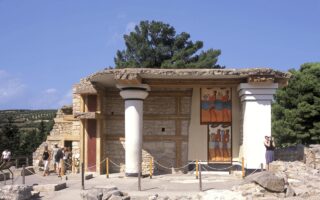Writing history through the eyes of slaves
Greek academic shifts the focus of research into the ancient world to the lower classes
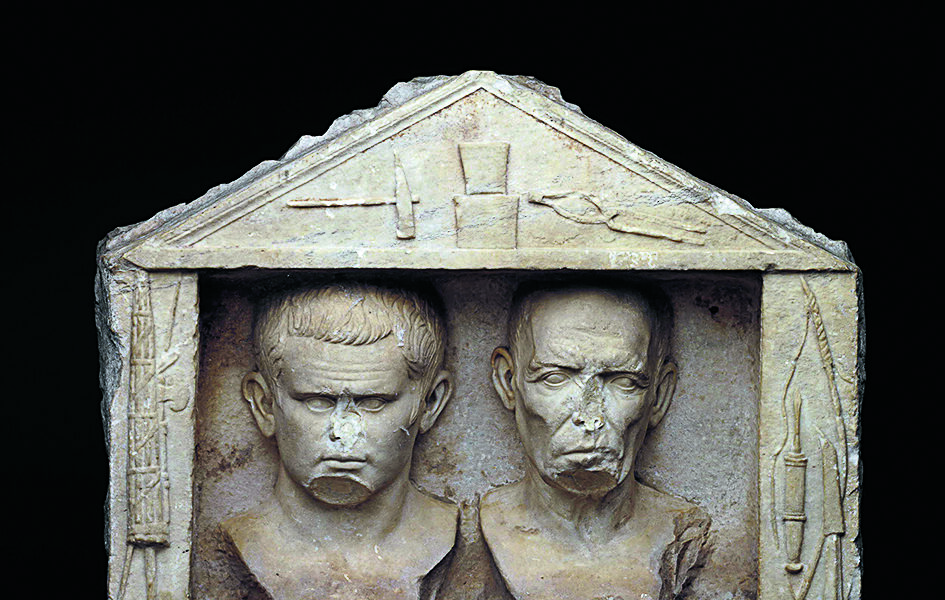
“Who built Thebes of the seven gates? In the books you will find the name of kings. Did the kings haul up the chunks of rock? There are so many reports and so many questions.”
A very important research project on the history of slaves in antiquity, led by Kostas Vlassopoulos, associate professor of ancient history at the University of Crete and collaborating faculty member at the Institute of Mediterranean Studies (IMS), is attempting to answer questions like those raised by German poet and playwright Bertolt Brecht in his 1935 poem “Questions From a Worker Who Reads.”
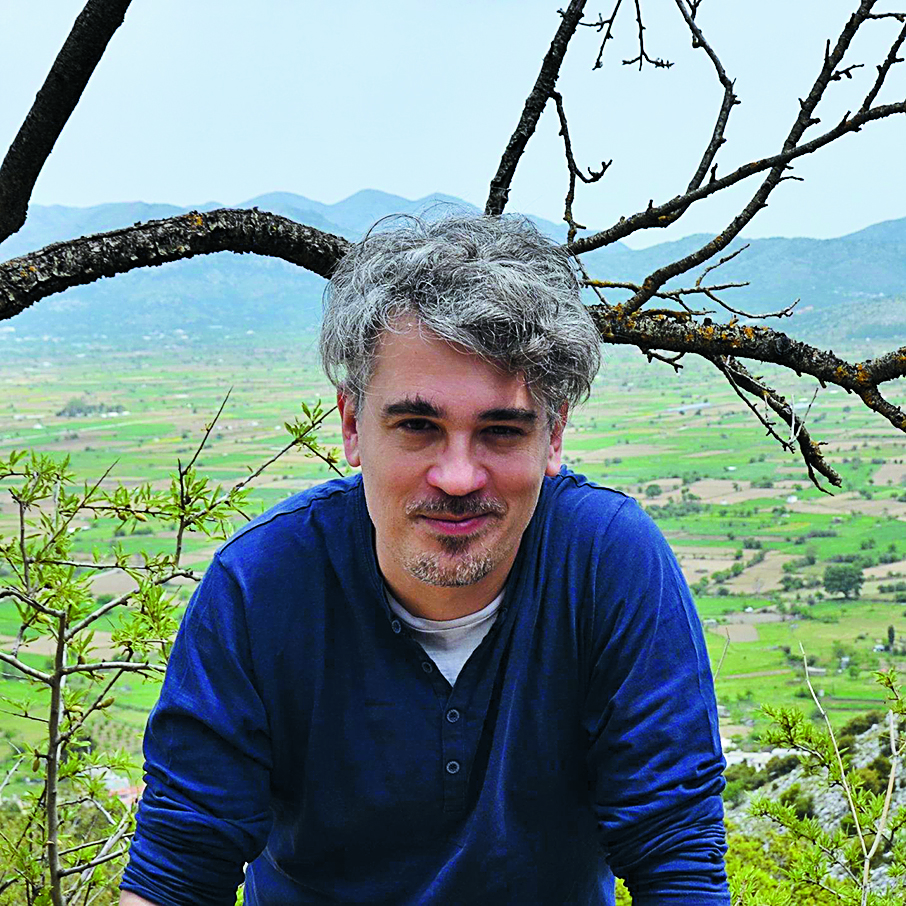
The research project, titled “SLaVEgents: Enslaved Persons in the Making of Societies and Cultures in Western Eurasia and North Africa, 1000 BCE–300 CE),” shifts the focus of research from the elites to the lower classes. Recognizing its importance, the European Research Council is funding it with 2.5 million euros under the ERC Advanced Grant 2022 program, which is awarded to distinguished scientists and scholars.
“Research on antiquity so far has focused on what happened in the upper classes, treating slaves only as objects of oppression and exploitation. But the slaves were, at the same time, active historical subjects, who brought changes in all areas. We aspire to write history from the bottom up,” Vlassopoulos told Kathimerini.
‘Under the conditions of oppression and exploitation that the slaves lived, they made a huge effort to survive and, even more so, to build meaningful lives’
The purpose of the program is to analyze the role of slaves in the transformation of ancient societies and cultures, studying both their daily life and their individual and collective participation in historical events such as wars, crises and revolutions.
“We’re learning about the role of generals. But who knows the role of slaves in the Peloponnesian War? Many thousands of people became slaves, many escaped. The Helot revolt led to the Peace of Nicias. On the other hand, the fact that in another period they fought on the side of the Spartans led to the victory of Sparta. Therefore, their role was decisive in both cases,” he explains.
“We want to create a picture. To give names to the slaves and to shine a spotlight on those who showed particular character. We must understand that, under the conditions of oppression and exploitation that the slaves lived, they made a huge effort to survive and, even more so, to build meaningful lives, even to achieve the simplest of the rights that we take for granted, such as starting a family. Everything could end if their master decided to sell one or more members of their family,” Dr Vlassopoulos says. “Acts of resistance have been recorded in the reactions of slaves, in their constant effort to build a parallel world in which they could live, and of course, in their desire to escape.”
Digital portal
There is a wealth of information out there, but gathering and organizing it is no easy feat. Information contained in literature, inscriptions and old papyrus scrolls in a large number of ancient languages (Greek, Latin, Assyrian, Babylonian, Egyptian, Hebrew and Aramaic) will be studied, as will the relevant archaeological data. The project will be carried out by an international team of 19 researchers under the supervision of Dr Vlassopoulos, with the IMS leading, and collaborating researchers from Brazil, Britain, France, Germany, the United States, Italy and the Netherlands. The team will create an open access digital portal that will include databases, multimedia material, a bibliography and links that will be used by the international academic community. It will also organize international conferences and publish three collective volumes: a summary of the research project, slave biographies and a book on the communities and identities of slaves.
Another innovation of the program is that it will not limit itself to the usual focus on slavery in Greece and Rome, but will study the slave societies of Assyria, Babylonia, Judea, Syria and Egypt, for which sufficient information has survived.
The selection of the research project by the ERC was the result of the important research work carried out over several years during which the research group was formed. Dr Vlassopoulos highlights the contribution of the IMS (it is part of the Foundation for Research and Technology – Hellas [FORTH]), where “there is an amazing human capital. Within a five-year period, researchers from the IMS received six grants from the ERC.” At the same time, however, he stresses the huge problem of underfunding.
“State funding of public universities and research must be decisively strengthened. In the Department of History and Archeology at the University of Crete we don’t even have funds for books for the libraries. And we may need one book. But how are fellow archaeologists supposed to excavate, to progress and to bring [EU] programs?” asks Vlassopoulos.
